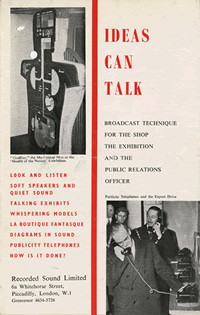Over the first half of this year we ran a series of training sessions remotely. We agreed on a set of sessions of 1.5 hours duration, reflecting the feedback we have had from our contributors and potential contributors about what they would like.
The sessions we organised were EAD Editor sessions – basic and ‘refresher’, exporting from Calm, exporting from AdLib, providing content using spreadsheets (Excel), using the CIIM, and a session on structure and names in archive descriptions. We also ran a session on user experience and behaviour, which was the first time we have organised a session not specifically about the Archives Hub, discoverability and data.
We have received feedback from 32 attendees. 100% of attendees agreed or strongly agreed that the sessions were worthwhile. 72% agreed that the content was excellent, 28% that it was very good or good. We had similar ratings for clarity, pace and organisation. So, overall, we are happy that the training provided met people’s needs and the sessions ‘hit the spot’.
Comments (paraphrased) included: it was easy to ask questions, focused and clear, it boosted my confidence, I am clear where I can go for help if needed, good to see export in action, presented in a relaxed manner and not too long, worked well to see the Editor on screen share, the speaker held my attention for the full 90 minutes. The session on user behaviour was well received, with comments on interesting speakers, good experience of their subject, a variety of perspectives. There is a short blog post on that session, with a link to the Zoom recording.
We asked if people would like to see us cover other topics in the future. There were a variety of suggestions, all of which we will consider. One suggestion was for a session on basic structuring and approaches to cataloguing, and this has been asked for a few times, so we will aim to run a session around this in the second half of the year. We were also asked for something on the benefits of being on the Archives Hub. We did used to incorporate this into our longer EAD Editor sessions, and it is worth thinking about making sure we do convey the benefits of increased discoverability and being part of the Hub community.
If there are areas that you would like us to cover, please do get in touch. We aim to provide training that meets the needs of the community – so we need your input!
We are also looking at running more sessions that bring together speakers from our community, such as the session on user experience and behaviour. We are planning a session on ‘machine learning’ in the not too distant future.
All sessions for contributors and potential contributors will be advertised through our contributors’ list, so do make sure you are on the list in order to find out about upcoming events. Email us at contributors.hub@jisc.ac.uk.
Remember that we also have YouTube videos for practical training on using the Editor and the CIIM and on exporting.
 Content of the workshop
Content of the workshop
 Clarity of the workshop
Clarity of the workshop
 Useful & worthwhile
Useful & worthwhile



